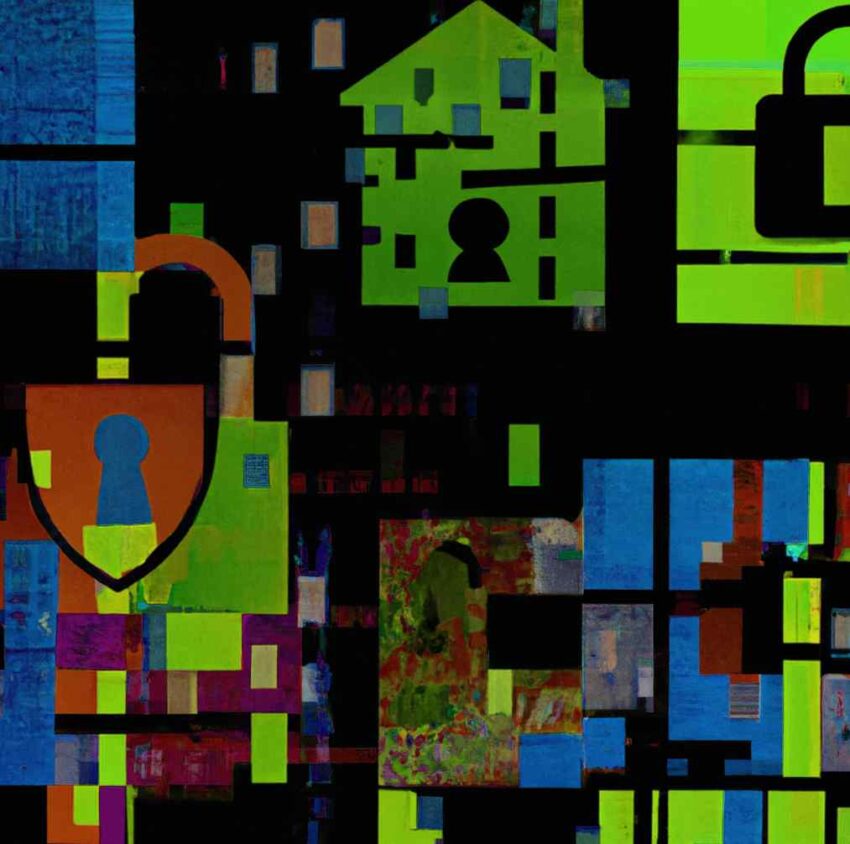Software updates are essential for several reasons. They frequently contain security patches that address known vulnerabilities, effectively closing doors that could be exploited by attackers. Besides security, updates often include new or improved features and functionalities, enhancing the overall user experience and efficiency. They also fix bugs that could be causing the software to run inefficiently or crash, ensuring smoother, more reliable operation. In some industries, running the latest software version is a compliance requirement, and failing to update could mean failing to meet legal or industry standards.
To ensure software is regularly updated, it’s recommended to enable automatic updates where possible, ensuring the receipt of the latest patches as soon as they are available. For software that doesn’t update automatically, it’s important to regularly check for updates and install them promptly. In an organizational setting, it’s crucial to educate and inform all team members about the importance of updates and how to perform them. Additionally, always downloading updates from trusted sources is vital to avoid introducing malware into the system.
Regular software updates are a key component of maintaining cybersecurity. By keeping software up-to-date, individuals and organizations not only protect themselves but also contribute to the broader fight against cybercrime. In the digital world, staying updated is synonymous with staying protected.
Source: Securityboulevard
To mitigate potential threats, it is important to implement additional cybersecurity measures with the help of a trusted partner like INFRA www.infrascan.net or you can try your self using check.website.

